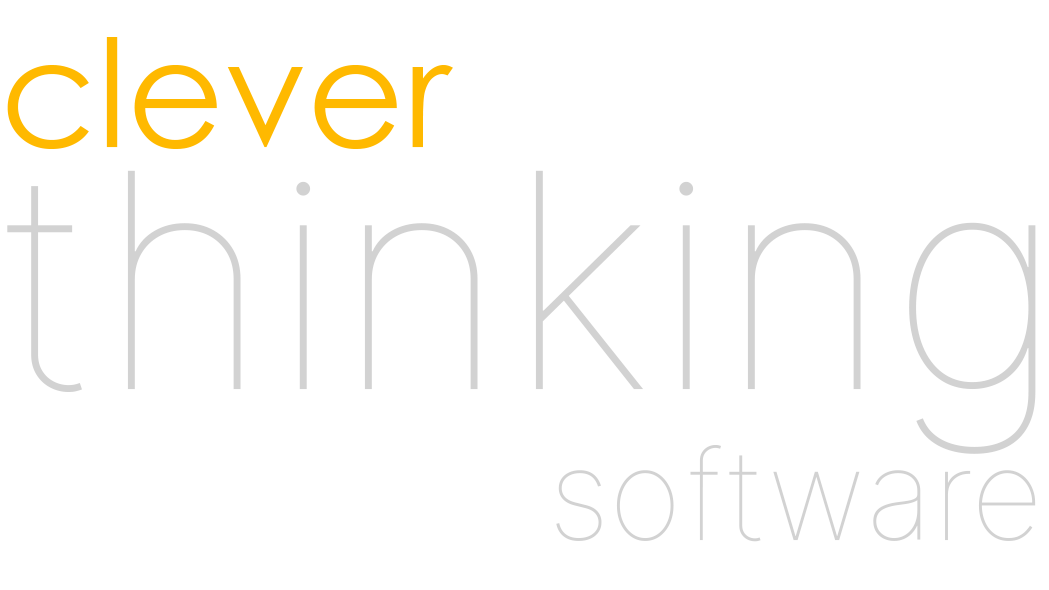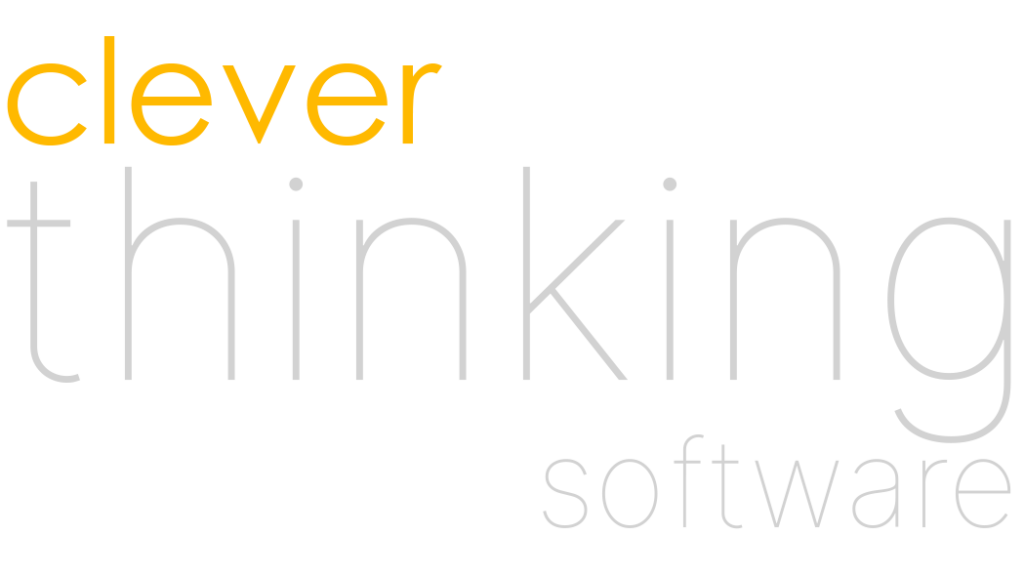…the same way human computers were replaced by machines.
Software engineers – those tasked with translating ideas into code – are witnessing a transformation as AI begins to handle more of the technical heavy lifting. So what happens when neural networks can do for free what once required specialized skills?
When LLMs first appeared, my immediate reaction was panic: “That’s it, programmers are finished.” Of course, this was a dramatic oversimplification. What actually happened? Programmers have multiplied their productivity, and ideas that were once trapped by technical constraints have found new life.
I experienced this firsthand. I had countless ideas waiting to be coded, but lacked the time and motivation because programming is inherently challenging. The profession had become so demanding that most developers were content selling their time to build other people’s visions. Oddly, the market valued our time spent implementing others’ ideas more than developing our own.
Now, as AI reduces the market value of pure coding skills, our original ideas gain renewed importance. We’re forced to explore different avenues for creating value. And here’s the thing: if you’re creative enough to write good code, you’re creative enough to generate valuable ideas.
What does this mean for the future? Developers with limited creativity may need to pivot to other fields. But the creative ones will thrive in this new landscape – and that’s ultimately positive for innovation.
My advice to fellow software engineers: document your ideas now, with as much detail as possible. Use AI to help transform them into products. Learn marketing and sales fundamentals. Even if your first attempts don’t succeed, the skills you develop will be invaluable in an economy where good ideas command a premium.
The coders who will thrive in the AI age aren’t just those who can write elegant code – they’re the ones who can envision what should be built in the first place. That opportunity is now open to all of us.


